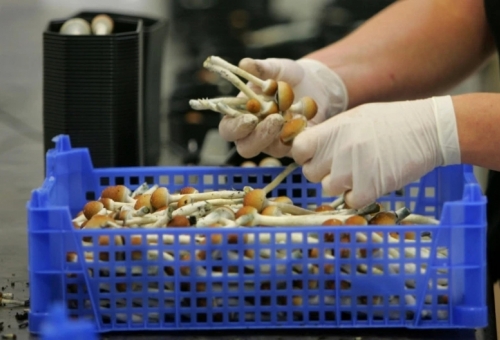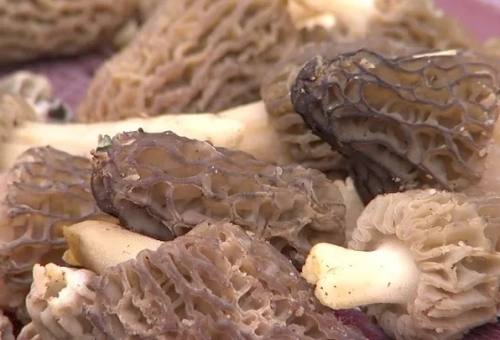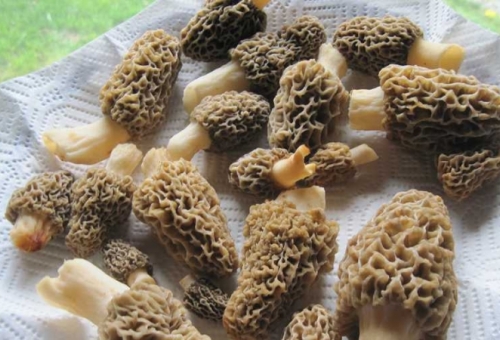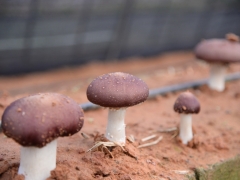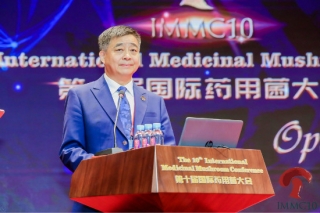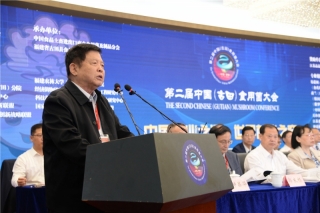
Moses saw a burning bush. Paul saw Jesus on the road to Damascus. St. Teresa had ecstatic visions.
When psychologist William Richards looks at religion, he sees mystical experiences everywhere. The same sort of experiences, he reasons, that come from mind-altering drugs.
That’s why he’s giving magic mushrooms to religious leaders, for a research project based at Johns Hopkins University and New York University.
“There are — it’s so hard to put this into language — sacred eternal experiences that the human being is capable of having. They seem to be at the origin of most religions,” he said. “What we call the eternal seems incredibly real.”
In the Hopkins and NYU study, two dozen clergy — including priests, pastors and rabbis — are taking controlled doses of psilocybin, the drug found in psychedelic mushrooms, under the watchful eye of scientists.
Richards won’t say much about what has been happening when the clergy try the drugs, in Baltimore and New York settings that resemble living rooms more than laboratories. That’s all part of the ongoing study, which he and his fellow researchers will eventually publish.
What he will say is that when he’s administered psilocybin to research subjects before — studying its potential as a treatment for anxiety and depression — religious imagery tends to come up a lot. Through this study, he hopes to learn about the drug’s effect on spiritual practice; he’ll follow up with the clergy for two years to see how their approach to the mystical is or is not altered by their encounter with the drug.
“People see incredible things with their eyes closed that are often very, very beautiful,” including visions of Jesus, he said. “That seems to happen whether people are of religious training or not. It doesn’t seem to be something that’s learned. It seems to be something that’s genetic.”





